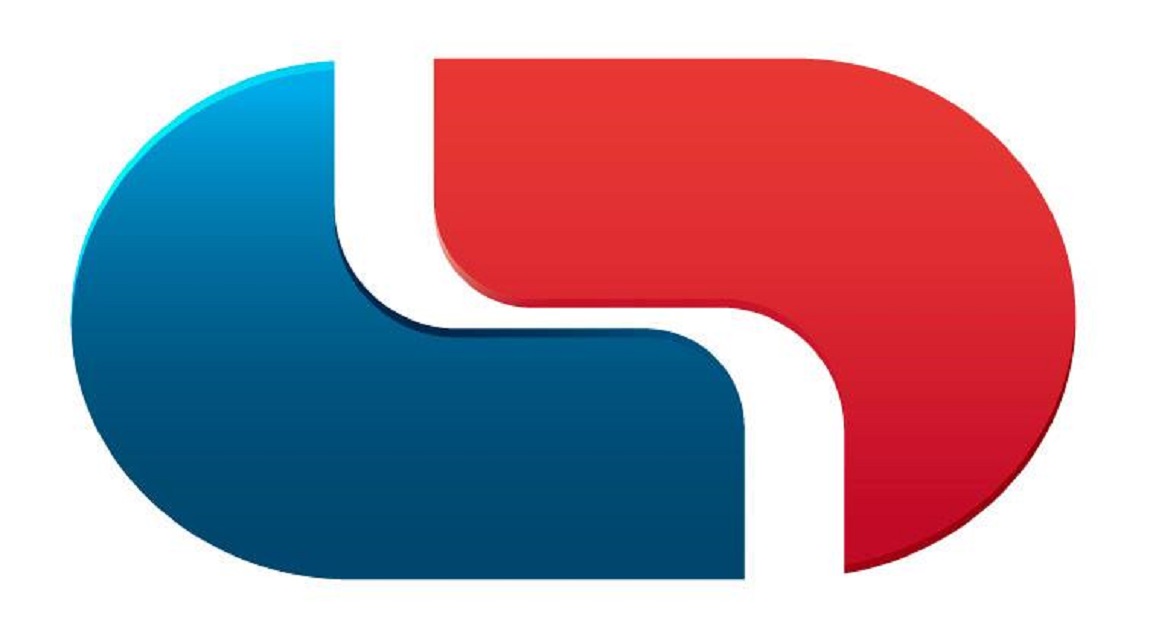The South African market was shook on Tuesday when Viceroy Research released a damning report that claimed that Capitec bank “is a wolf in a sheep’s clothing and a loan sharkâ€. Viceroy also said that the reserve bank and finance ministry must immediately place the bank under curatorship. Capitec stock fell by about 20% as a result. The group played a role in bringing to light the financial mismanagement of the Steinhoff Group last year. But what does all of this mean? The Daily Vox spoke with Michael Porter, a trader at Unum Capital to make sense of it all.
Firstly, who is Viceroy Research?
Viceroy Research is a now well-known firm that published an explosive report on the global retailer Steinhoff International Holdings, alleging financial irregularities. “The main thing these guys do is that they investigate companies, they compile a report and then they short the company. Basically they try to benefit from a falling share price,†Porter said to The Daily Vox.
Why did Viceroy play such a large role in collapsing Steinhoff?
“We have to remember that although these Viceroy guys got the Steinhoff thing spot on,†Porter said. Its report was released the day after Steinhoff announced that its chief executive Markus Jooste and that its auditors Deloitte had refused to sign off on its financial statements. That report is considered accurate and professional and largely contributed to the collapse of the Steinhoff share price.
People have been throwing the term ‘short selling’ around – what exactly does that mean?
Short selling is when you borrow shares and sell it in the market, Porter said. The main point is to benefit from a falling share price. You would, for example, sell the share at R1 000 and if it falls to R800, you buy back the share and you’ve pocketed a falling share price of R200. “It’s basically to make a profit on a falling share price,†he said.
That seems suspicious. Is that allowed?
“That’s the market. If everybody had to buy shares, you wouldn’t find liquidity in the market. Shorting is perfectly normal,†said Porter. There is suspicion clouding Viceroy because there are questions about whether it is trying to benefit unethically.
On Tuesday, the PSG Group, Capitec’s largest shareholder, issued a note to its shareholders, saying that it was “greatly concerned†about Viceroy’s intentions because it had never consulted with Capitec management to understand how the bank operates, and would launch an investigation which would include looking into how Capitec and PSG shares were traded, leading up to the release of the report.
How can Viceroy benefit unethically from the Capitec report?
Following the publicity that the firm received after outing Steinhoff, there was speculation that Viceroy would release another report on a company and that it would have another Steinhoff effect. Viceroy was aware that there would be an initial price reaction in the share prices and that it could benefit. If an unknown company released a report on Capitec, there would not necessarily be a reaction to it. However, Viceroy was spot on about Steinhoff and so everything it releases gets a lot of traction. Another factor is that the market is nervous, people lost a lot of their money with Steinhoff.
The problem is that some analysts speculate that Viceroy is purposely using its publicity for profit. It could release a report that’s not necessarily factual and glean market reaction ensuring that it profits in any case. “Capitec is fighting back quite strongly, so one has to question how accurate those reports are really,†Porter said. But speculation is still rife.
Is it possible that Viceroy is right about Capitec?
Capitec is one of the most expensive banks in terms of share prices. “If you look at Capitec its still at about R860, it’s still expensive for the share price. It’s not like it lost all its value,†Porter said.
However, questions remain.
Another firm, Benguela Global Fund Managers questioned Capitec on its rollovers – the practice of rescheduling loans to clients. It sent a letter to the bank on January 19 for the company comment – which they haven’t yet received – so it certainly raises questions, said Porter. It’s still unclear whether Capitec shares are overpriced in the market, that’s why there is still pressure on the share. Porter also said the enquiries into Capitec could also be a good thing in terms of the accuracy of reporting.
How did Capitec prevent its share price from nose-diving on Tuesday?
The main difference was that Capitec communicated with its shareholders, Porter said. The company scanned Viceroy’s report immediately and responded to say that it is not factual. “[Capitec] communicated that quite earlier on when the report was released, and also said it was going through it in depth and would communicate its view on the findings before the end of the day†Porter said to The Daily Vox. The share price fell from R1 000 to R755 – it was about 20% down – but then recovered again. Capitec also had a conference call with shareholders on Tuesday afternoon and laid out a counterargument to every allegation made in the Viceroy report.
What does this whole debacle mean for Capitec clients? Should they be panicked?
The South African Reserve Bank (SARB) released a statement saying that Capitec meets regulatory requirements in terms of capital adequacy. The bank is not in an insolvent state, it is well capitalised and has adequate liquidity. Another difference between the Steinhoff and Capitec sagas is that no one came forward in defense of Steinhoff the way SARB defended Capitec .
Porter said he believes clients deposits are safe. “This more to do with whether the company is overvalued in terms of its share price rather than to do with clients bank accounts,†he said.









